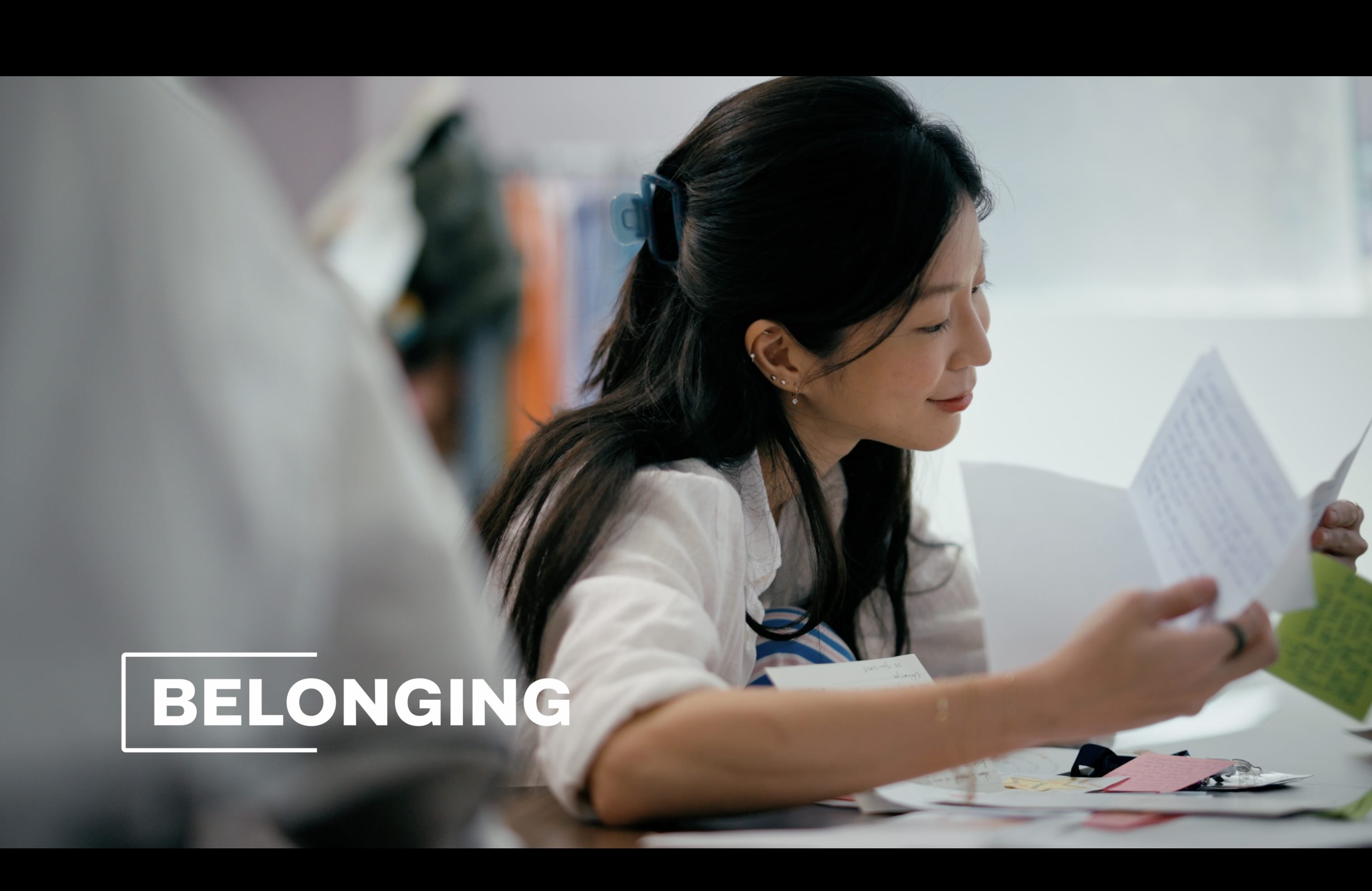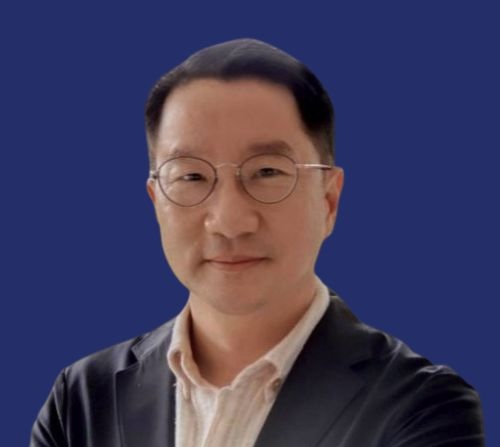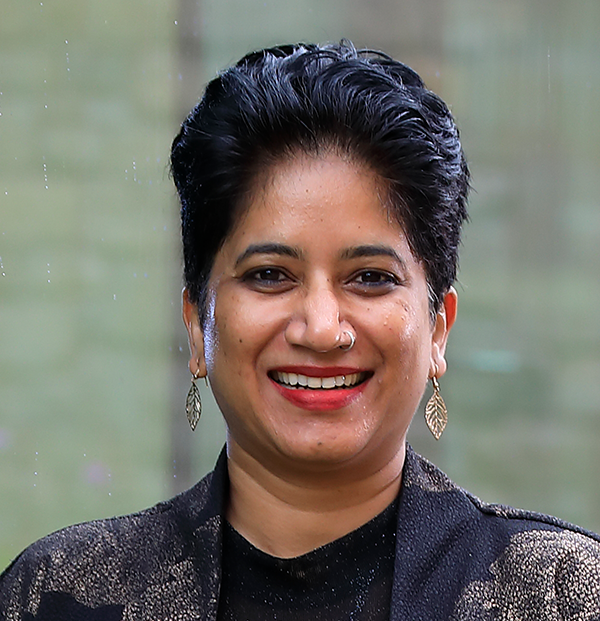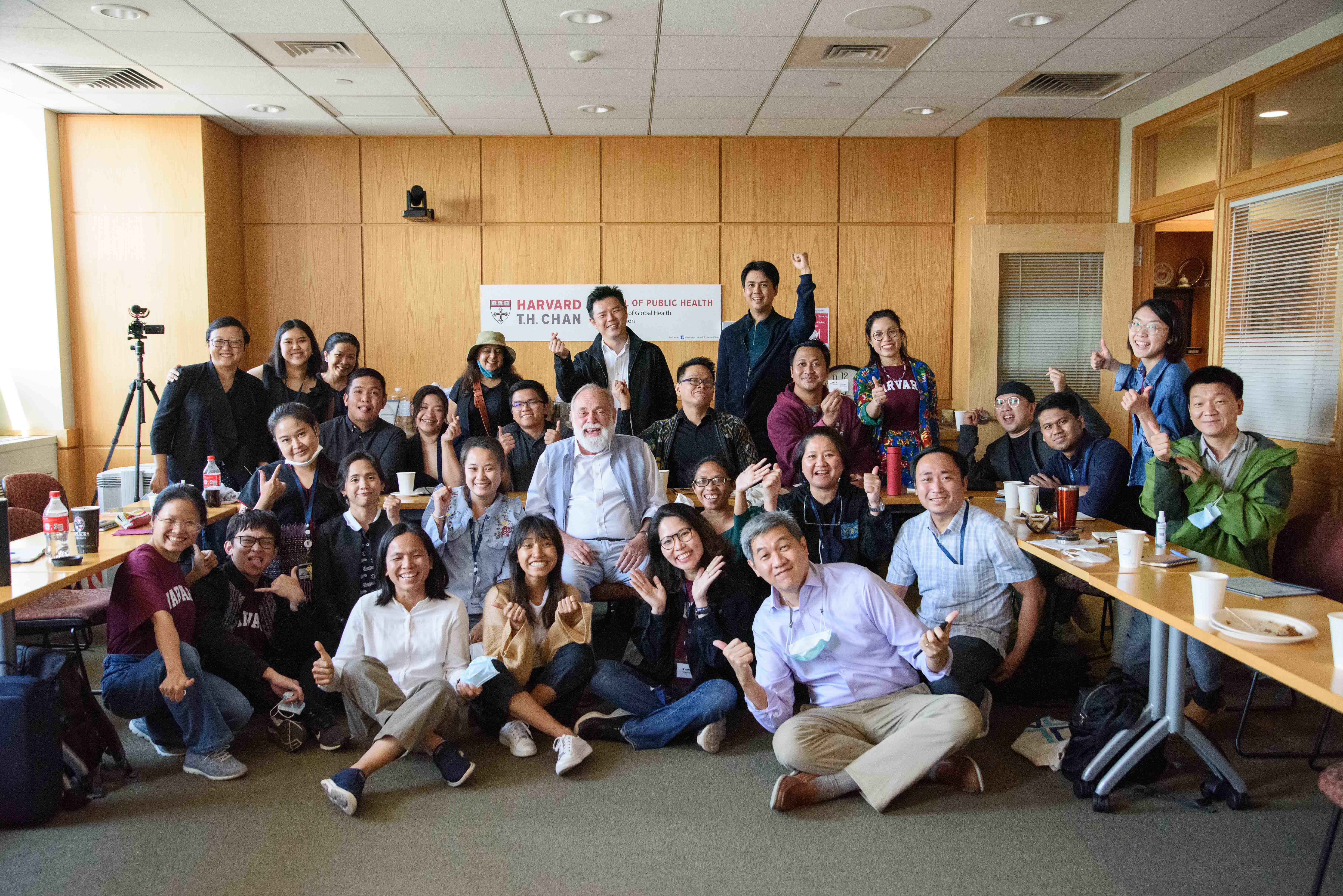Living a Purpose: From Power of One to the Power of Many
Recently, I was asked “How did you find your purpose?” The first thing I wrote down when I was thinking this through was: purpose is not something to be found, it’s something to be lived. For most of us, many of the dots that constitute a purpose are connected backwards, because most times we don’t actually have full control over where life takes us, as was the case for me.
Likewise for me, purpose is an internal compass that is forged from a personal history, and accorded a personal meaning. It is also necessarily relational, because no one arrives at a purpose entirely on their own. The formation of Equitech Collective had something to do with my personal history with inequity, which is later reified through bonds and relationships that are built over time, some of which through the Equity Initiative.
My first encounter with inequity was when I was four years old. I was sitting in a car stopped at a traffic light in urban Guangzhou, China, when a little girl about my age knocked on the car window. She was begging for food. She looked straight at me, her mom had her hand stretched out to passersby who would not see them. My four year old body felt rage and my mind couldn’t comprehend why we were living two starkly different realities. It was my first memory of injustice: That’s not fair - why do I have what I need, and why can’t she have that too, when there is more than enough to go around?
Years later as a working adult I would start researching into inequities in all their different shapes and forms. One of my first bosses in the Singapore civil service gave me a book “The Spirit Level: Why More Equal Societies Almost Always Do Better” by Richard Wilkinson and Kate Pickett, and I later spent some time researching into systemic factors that drive inequality across different dimensions: racial, gender, income, the list goes on. It made me realize how detrimental inequity can be to communities and individuals, and it brought me back to the girl by the roadside: I could have given her my food in that moment, but it would have done nothing to remove the systemic barriers that trapped her in poverty.
In recent years, the mounting inequities in our world have become even harder to grapple with. Consider this statistic from Bill & Melinda Gates Foundation’s 2024 Annual Letter: hundreds of millions of people live on less than $2.15 a day—on the same planet where, during the first 24 months of the pandemic, billionaires’ wealth rose more than it had in the 23 years prior. And just as needs are mounting, low-income countries have fewer resources with which to meet them.
The power of one is small and beautiful, but it is through the power of many that systemic barriers to equity can be torn down. That’s what Equity Initiative has been for me: it is the coming together of many “powers of one” to form a power of many that shares a common purpose. It is both a space and a community where I found I didn’t need to explain my ‘why’ so much, simply because on some fundamental level this purpose is already shared. In interactions among Fellows, purpose is not so much found but renewed, and reified through bonds and relationships that sharpen the ‘how’ and the ‘what’.
About a year after my graduation from the fellowship, I left my role in the Singapore public service in 2023 and founded the Equitech Collective to build transformative technology for a more equitable future. Equitech’s mission is to catalyze systemic breakthroughs that improve equitable access to health and education through the innovative use of technology. A number of our founding projects involved EI Fellows, and leveraged skills and experience of product engineers from the tech industry. Our purpose is never quite “found” - it continues to be lived everyday, expanding and evolving through collaborations and learning, failures and successes along the way. Like the Equity Initiative, it is about the coming together of many ‘powers of one’ to form a more enduring power of many to advance equity in the diverse and colourful region that is Southeast Asia. And hopefully, dear reader, you will come to be a part of this journey too.
-Chi Ling Chan
2022 EI Fellow, Singapore




